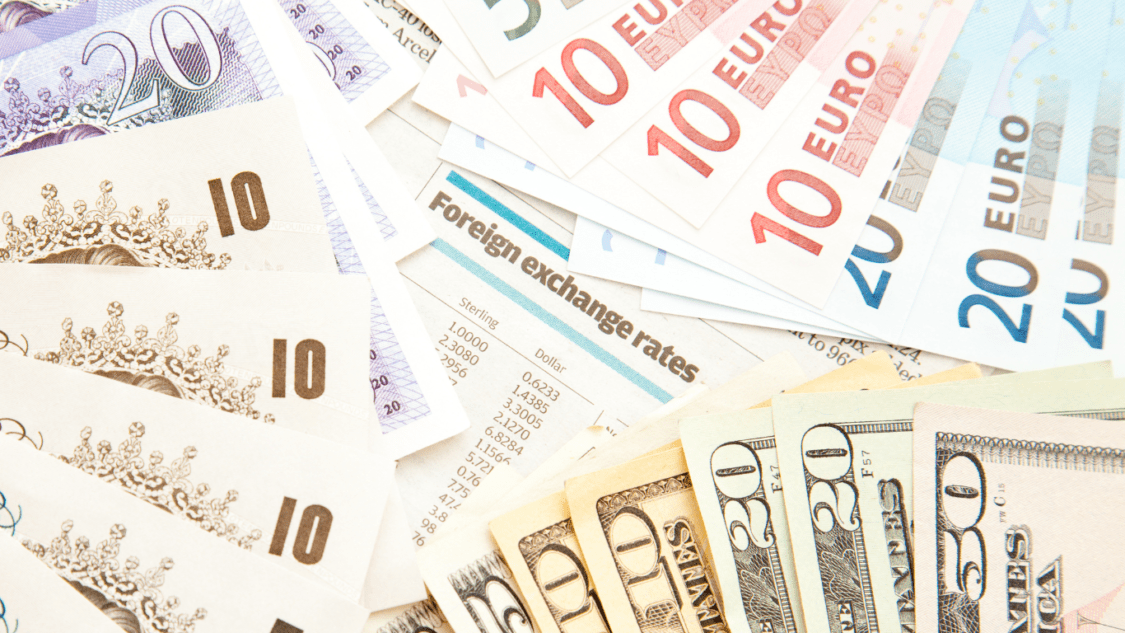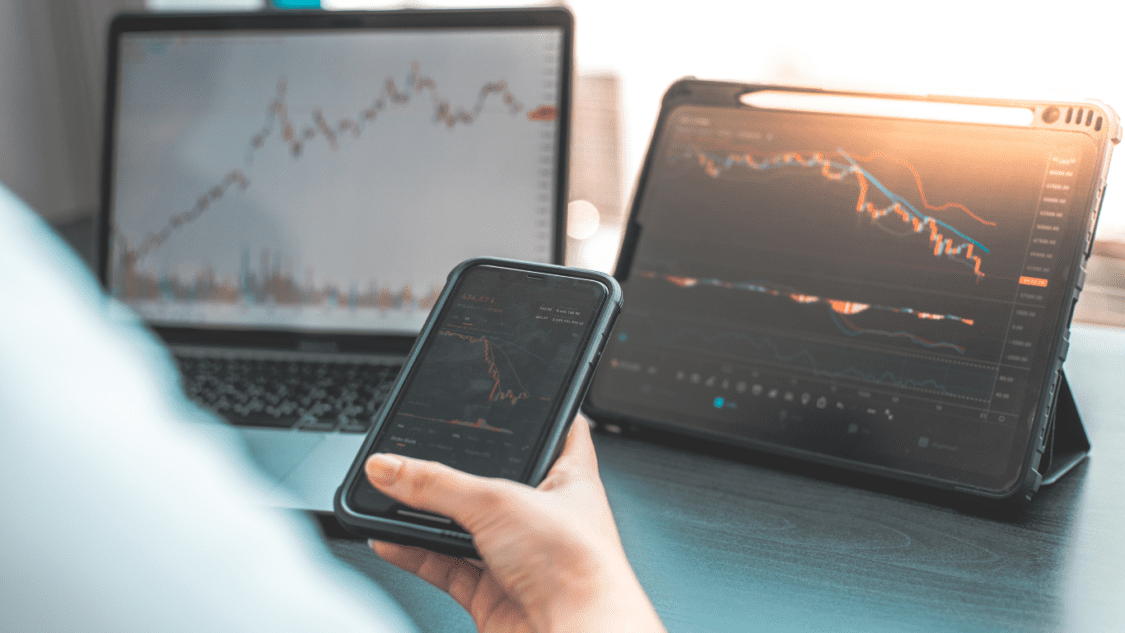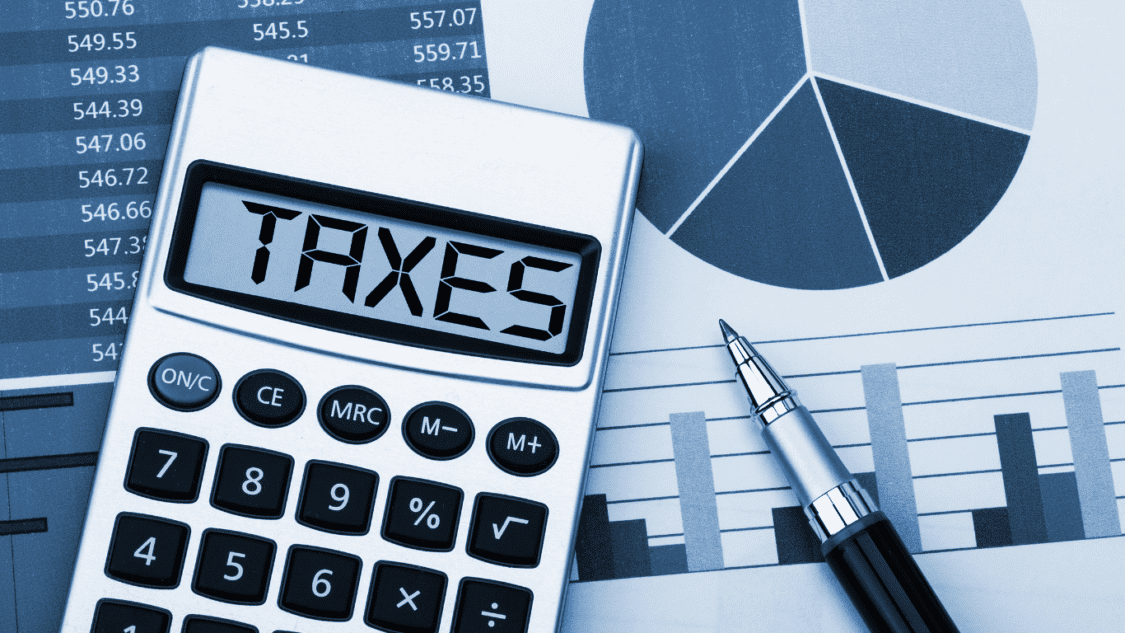Within the complex network of the worldwide financial markets, foreign exchange, or Forex, plays a significant role and stands as a foundational thread that weaves together economies, investors, and nations. Forex trading is an important part of international commerce, allowing individuals and institutions to exchange currencies and profit from price differences.
This article explores the world of Forex trading Australia, covering its mechanics, legalities, and impact on both the nation and the global financial landscape. We’ll delve into topics such as regulatory bodies, currency pair preferences, and market time zones to reveal the many facets of Forex trading and its relationship with the constantly evolving domain of global finance.

What is forex trading?
Foreign exchange, or Forex, is the backbone of the global financial markets. Trading involves buying and selling international currencies in a vast and decentralized marketplace where trillions of dollars are exchanged daily. The principles of supply and demand dictate Forex trading, as investors predict currency fluctuations to profit from price differentials. As a crucial component of global commerce, investment, and economic stability, understanding Forex trading is essential for investors, businesses, and governments. This article delves into Forex trading in Australia, exploring its mechanics, significance, and impact on financial landscapes.
Is forex trading legal in Australia?
Yes, forex trading in Australia is legal. In fact, Forex trading is a crucial component of the global financial system because it facilitates international trade and investment.

How Forex trading in Australia works?
Foreign exchange trading seeks to profit by anticipating the value of one currency in relation to another. ‘Margin trading’ is commonly used in forex trading. To trade, a collateral deposit equivalent to a percentage of the total trade value is required.
What are the key regulatory bodies governing Forex trading in Australia, and how do they ensure investor protection?
The organization to oversee and regulate the financial services and markets in Australia is ASIC (Australian Securities and Investments Commission), ensuring fairness and transparency. Established as an independent agency under the ASIC Act of 2001, the organization operates under the Commonwealth Government.
ASIC ensures investor protection by the laws of the act and other financial laws which gives these powers to ASIC: Register, licence, regulate and enforce. The purpose of these powers is to safeguard consumers from any misconduct or harm that may arise from financial products and services.
What major currency pairs do Australian Forex traders prefer, and why?
AUD/USD
AUD/USD is the currency pair of the Australian dollar and the US dollar. It is a popular choice for traders due to its high volume and volatility. Various factors, including economic data releases in the US and Australia, commodity prices, interest rate differentials, and political factors influence the pair’s value.
AUD/JPY
Another popular pairing is the AUD/JPY, which combines the Australian dollar and the Japanese yen. This pair tends to reflect investor sentiment, with the Japanese yen considered a “safe-haven” currency. As a result, the yen strengthens during “risk-off” periods and weakens during “risk-on” periods.
AUD/NZD
The AUD/NZD currency pair combines the Australian and New Zealand currencies. This pairing is popular because it tends to be closely related to the two countries economies rather than global economic factors. Commodity prices have a significant impact on this pair since both countries are exporters of commodities.
USD/JPY
The USD/JPY currency pair combines the US and Japanese yen. It is commonly called the “Ninja” or the “Gopher” and is one of the most liquid currency pairs globally. Since Japan is a significant importer of crude oil, this pairing strongly correlates to crude oil prices.
How does the time zone of Australia impact Forex trading activities and market volatility?
Understanding time zones is crucial for successful forex trading. The forex market operates 24/5 and is split into three major trading sessions – Asian, European, and American. Each session has its own unique characteristics, and traders must be aware of them to make informed decisions.
The forex market consists of a worldwide interconnected system of banks, institutions, and individuals, operating across different time zones, making it a continuous process. The level of trading differs according to the time of day and where the trader is located. Traders have more chances to trade in the forex market when two or more trading sessions overlap, making it the most active.
Knowing when different trading sessions start and end is vital for traders to plan their activities and take advantage of these opportunities. For example, if a trader is based in the United States, they can trade the European session in the morning and the American session in the afternoon.
Another reason time zones matter in forex trading is the impact of economic data releases on currency prices. Traders must keep track of the scheduled times for economic data releases like GDP, inflation, and employment reports, along with their respective time zones, to stay informed of when these releases will take place.
What are some popular Forex trading strategies that Australian traders commonly employ?
A popular forex strategy used by many traders is day trading. This strategy best suits those who prefer a slower pace and lower momentum. It consists of opening and maintaining a single trade per day, with profits or losses determined by the intraday price changes of the chosen currency pair. Learn about forex in our ultimate guide.

How is forex trading taxed in Australia?
Foreign exchanges are taxed in Australia by the rules of foreign exchange gains and losses. If you have sold any assets, such as property or shares, during the year, it is important to calculate the capital gain or loss for each one. When you sell an asset for more than what you initially paid for it, you experience a capital gain.
On the other hand, when you sell an asset for less, you incur a capital loss. Your net capital gains, the total capital gains minus any capital losses and discounts you are entitled to on your gains, are subject to tax. As an Aussie, owning an asset for over a year can give you a 50% capital gains tax (CGT) discount. This means you only pay tax on half of the net capital gain earned from that asset. It’s important to note that certain assets, like your home, are exempt from CGT.
How Crypto Taxing in Australia Works?
If you hold crypto as an investment, it is important to note that you must pay taxes on it. Although many crypto investors wish that digital currency was exempt from taxes, the federal government considers crypto investment assets and, therefore subject to the Capital Gains Tax (CGT).
Conclusion: Forex Trading Australia
Forex trading is an important and dynamic aspect of the global financial market in Australia. Regulatory agencies such as ASIC provide a legal framework for forex trading in Australia, allowing investors to benefit from currency fluctuations. Major currency pairings like AUD/USD, AUD/JPY, AUD/NZD, and USD/JPY are preferred and highlight Australia’s economic ties and global market influence.
It’s also important to understand trading sessions and the impact of time zones on market volatility to prepare strategically. Taxation of forex trading and cryptocurrency investments requires individuals to follow specific regulations. As technology advances and financial markets evolve, a comprehensive understanding of Forex trading is crucial.

